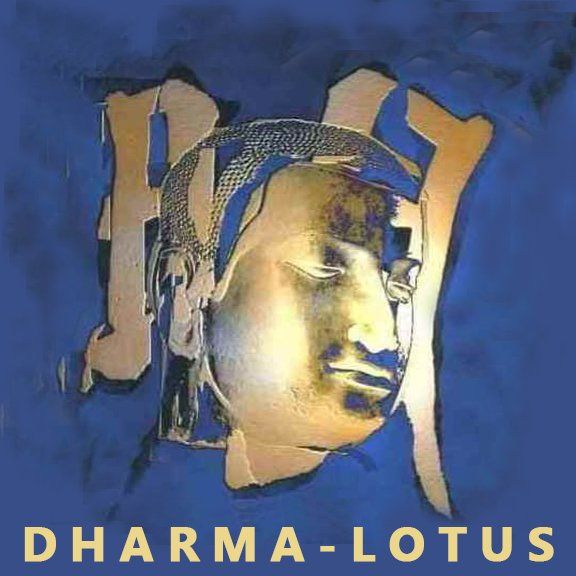Ivar Mol
In 1995-1996 I did an internship in India and Nepal for my training in Tropical Agriculture. The internship assignment was not that much, which gave me the opportunity to take a good look around me. I didn't understand Hinduism that much, Buddhism all the more. Here it started...
My motivation
Back in the Netherlands I followed several 11-day Vipassana retreats, and a Zen retreat. Breth and John became my Kum-nye teachers and in 2002 I opened Dharma-Lotus. I went to read the Pali canon and found out what Buddhism is, read western teachers and found out what Buddhism isn't. So a lot was said about the person of Gautama the Buddha, about the Dharma and about topics such as mindfulness, karma, reincarnation or enlightenment that were absolutely wrong.
There are 3 major schools of Buddhism, Theravada, Mahayana (including Zen) and Vajrayana (including Tibetan Buddhism). I am not strongly attracted to any of the 3 because all three are interpretations of the original Dharma. This Dharma is not a religion, belief or even philosophy but is the practice of science. And science should not be interpreted.
Gautama the Buddha and his close disciples were interested in human suffering, what exactly this suffering is and how this suffering can be stopped. She discovered that nature listens to the laws of nature such as
- everything conditioned is changeable
- everything conditioned is dependent
- everything has a cause and is in itself an effect
- etc...
However, man listens particularly poorly to these laws of nature, and lives by other rules:
- I want this to change and stay the way it is
- I am independent, independent and do not let myself be influenced
- things stand on their own
- etc...
And this is how suffering arises. Gautama the Buddha and associates, through meditation and mindfulness, continued to investigate which processes in the body are responsible and arrived at the consciousness and the mind. What they described about this, and what ended up in the Pali canon, was seen by Gautama the Buddha as both the teaching and the teacher after his death. And so it happened. After his death a new leader was not appointed, the Dharma was sufficient. To me, Theravada, Mahayana and Vajrayana are didactic models in which Theravada has remained closest to the Dharma and Vajrayana has little to do with the original teachings. So I mainly focus on the Pali canon.
Dharma-Lotus and Ekayano
In 2004 I gave my first 11-day Vipassana retreat and I have now given dozens of them in 4 different countries and from 2023 we will also give 22-day Vipassana retreats at our own retreat center Ekãyano. In January we always go to India and Nepal for a month for the Buddhist pilgrimage: "In the Footsteps of the Buddha" where we visit the most important places in the life of Gautama the Buddha. I like this best, guiding a group of people for a longer period of time through meditation and mindfulness, explanations and lectures. And then not from your own interpretation, but from the most original teaching and convey it as clearly and clearly as possible.
And that's why I write a wiki full and that's why I make these movies. Because there is already enough nonsense written about Buddhism...



